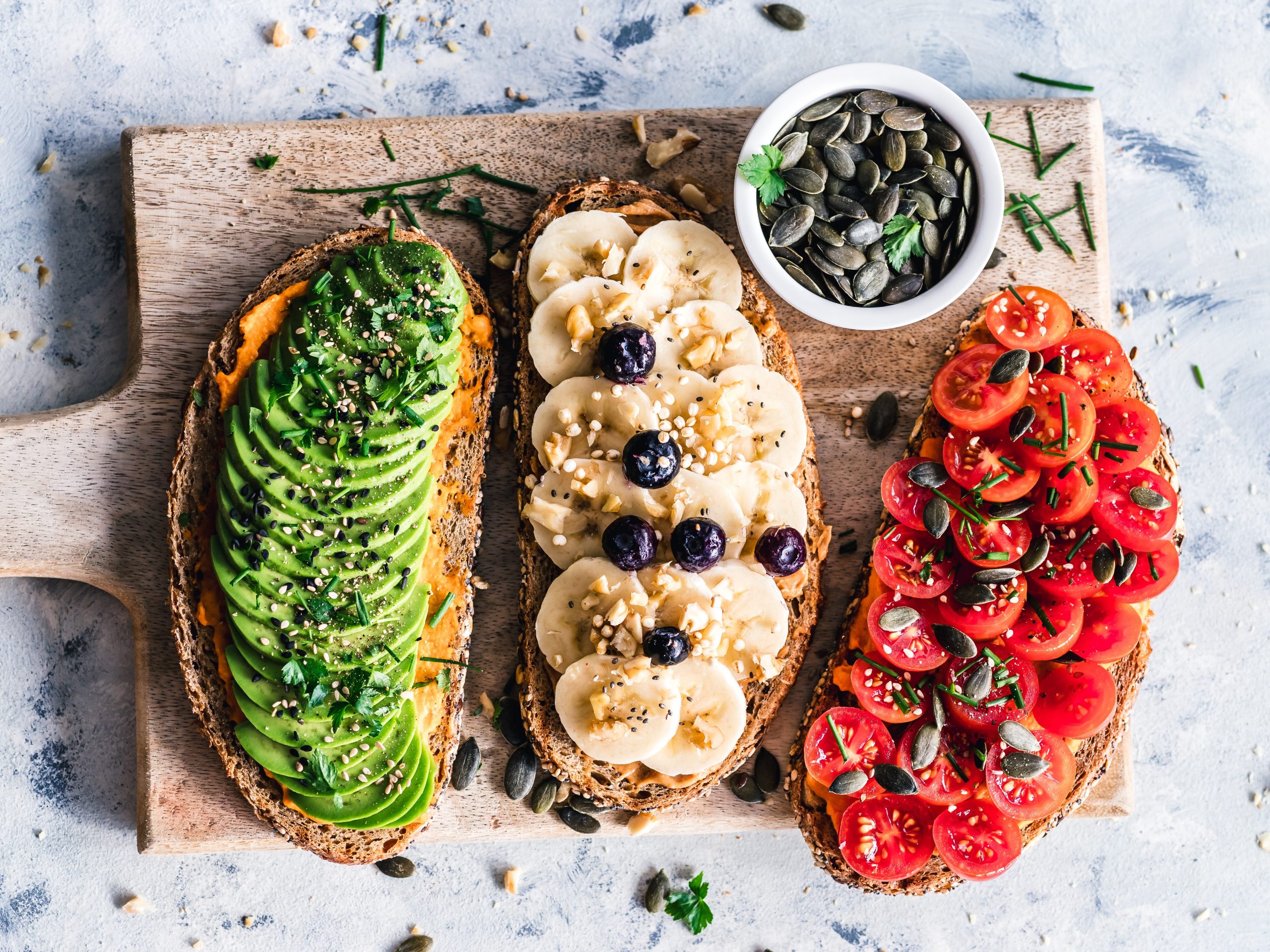
Even though the benefits of a plant-based diet are numerous, the truth is that it isn’t the best one when it comes to taking proper care of your dental health. However, there are ways to change that and do what’s best for your teeth and mouth, so keep on reading to find out how. Enjoy!
Which vitamins and nutrients are essential for dental health?
Speaking of the vitamins and nutrients that are essential for healthy teeth, we must say that these are calcium, phosphorus, iron, and vitamin D. However, incorporating these into a vegan diet can be very tricky, since these are often found in foods that aren’t vegan-friendly, such as different kinds of meats and dairy products. Of course, there are always ways to make it happen and go for some alternative ingredients rich in these vitamins and nutrients, so keep on reading to learn more about them.
What dental problems may arise?
Since vegans can’t eat meat and dairy products, they often substitute them with products rich in grains and sugar that can negatively affect their teeth. As a result of vitamin and nutrient deficiencies, vegans usually have a higher risk of plaque, cavities, gum disease, and tooth decay. For example, consuming fruits that are high in natural sugar can increase your risk of tooth decay, which is why many people worldwide – including the US – opt for durable crowns made from glass ceramics. If you want to find out more about them, visit Pindan Dental Laboratory and consult with professionals who will take your dental care to the next level.
How to keep your teeth healthy while sticking to a vegan diet?
As mentioned above, there are ways to keep your teeth healthy while sticking to a vegan diet, and the first one is to maintain good oral hygiene habits by brushing and flossing after every meal. This is particularly important because many people who embraced a plant-based diet tend to snack between meals, which significantly increases their risk of plaque. Besides that, you should also incorporate food alternatives rich in essential vitamins and nutrients, which are the following:
· Calcium
Did you know that calcium deficiency can result in a higher risk of tooth decay and gum disease? Even though calcium is a nutrient most frequently found in dairy products, these obviously aren’t allowed in a vegan diet. This means that you’ll have to opt for non-dairy beverages fortified with calcium, such as soy milk, almond milk, or orange juice. Apart from these, other options include tofu, edamame beans, and dark leafy greens such as spinach and kale.
· Phosphorus
Phosphorus is a mineral that supports calcium, and the bad thing is that it is abundant mainly in meat (seafood, chicken, turkey) and dairy products (yogurt, cottage cheese). However, you don’t have to be desperate about your limited phosphorus intake since some vegan options can do the trick for you. These are lentils, soybeans, grains, and pumpkin seeds, as well as nuts and different types of nut butter, so don’t forget to incorporate them into your everyday meals, too.
· Iron
Even though iron deficiency won’t cause problems with your teeth, it can result in tongue inflammation or sores in the mouth which can also be very painful and frustrating. You should know that plant-based diets are normally lower in iron than meat-based ones, so make sure to opt for non-meat ingredients rich in iron if you want to keep your mouth healthy. Cereals, peas, nuts, seeds, dried fruits, and dark leafy greens are just some of the foods rich in iron, so give them a fair shot.
· Vitamin D
Vitamin D is vital as it helps your body absorb calcium, which means that it’s extremely important for strengthening your bones and teeth. Even though our bodies produce vitamin D when we’re exposed to sunlight, the truth is that it often isn’t enough, which is why we should also eat foods rich in it. Again, this vitamin is mostly found in milk and dairy products, but you should remember that it can be found in mushrooms, too. Other options are foods fortified with vitamin D such as tofu, almond milk, and plant-based supplement, so check them out and give them a try.
As you can see, a vegan diet can affect your dental health in more ways than you could imagine – and not all of them are good ones. On the contrary, a vegan diet can result in vitamin and nutrient deficiencies that can negatively affect your teeth, so make sure to stick to our tips to prevent that. Just follow our guidelines and you’ll do a great job, that’s a promise!



